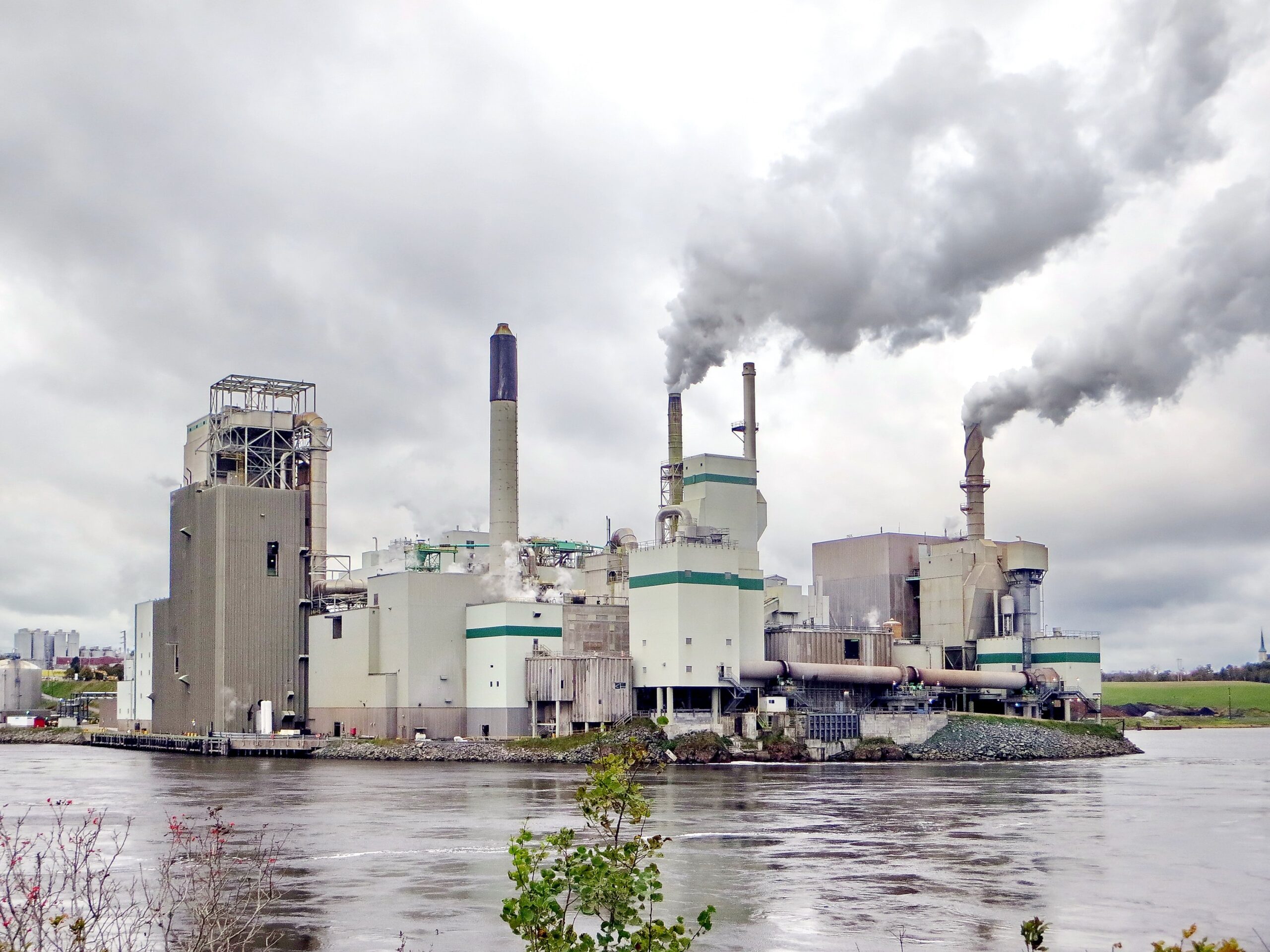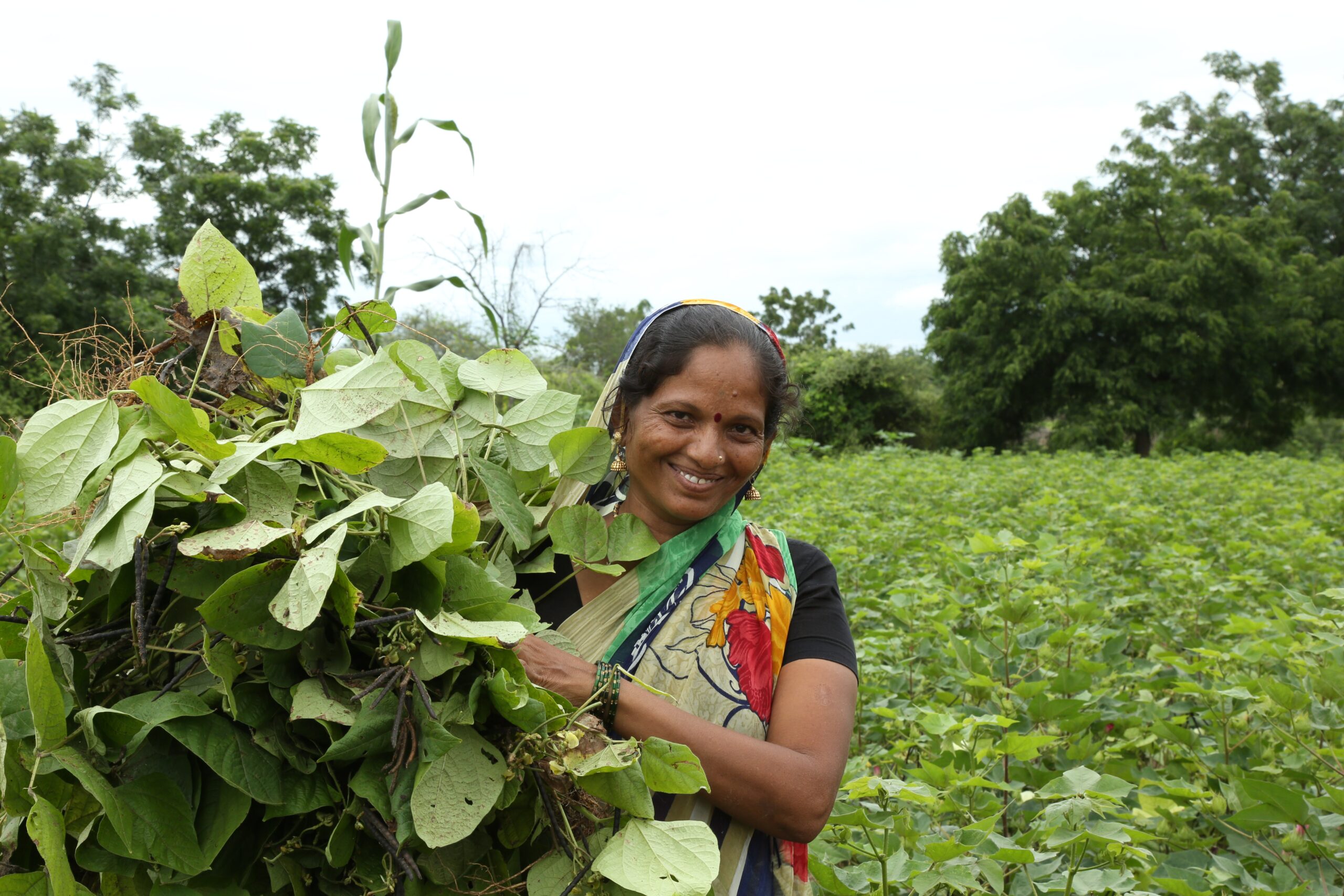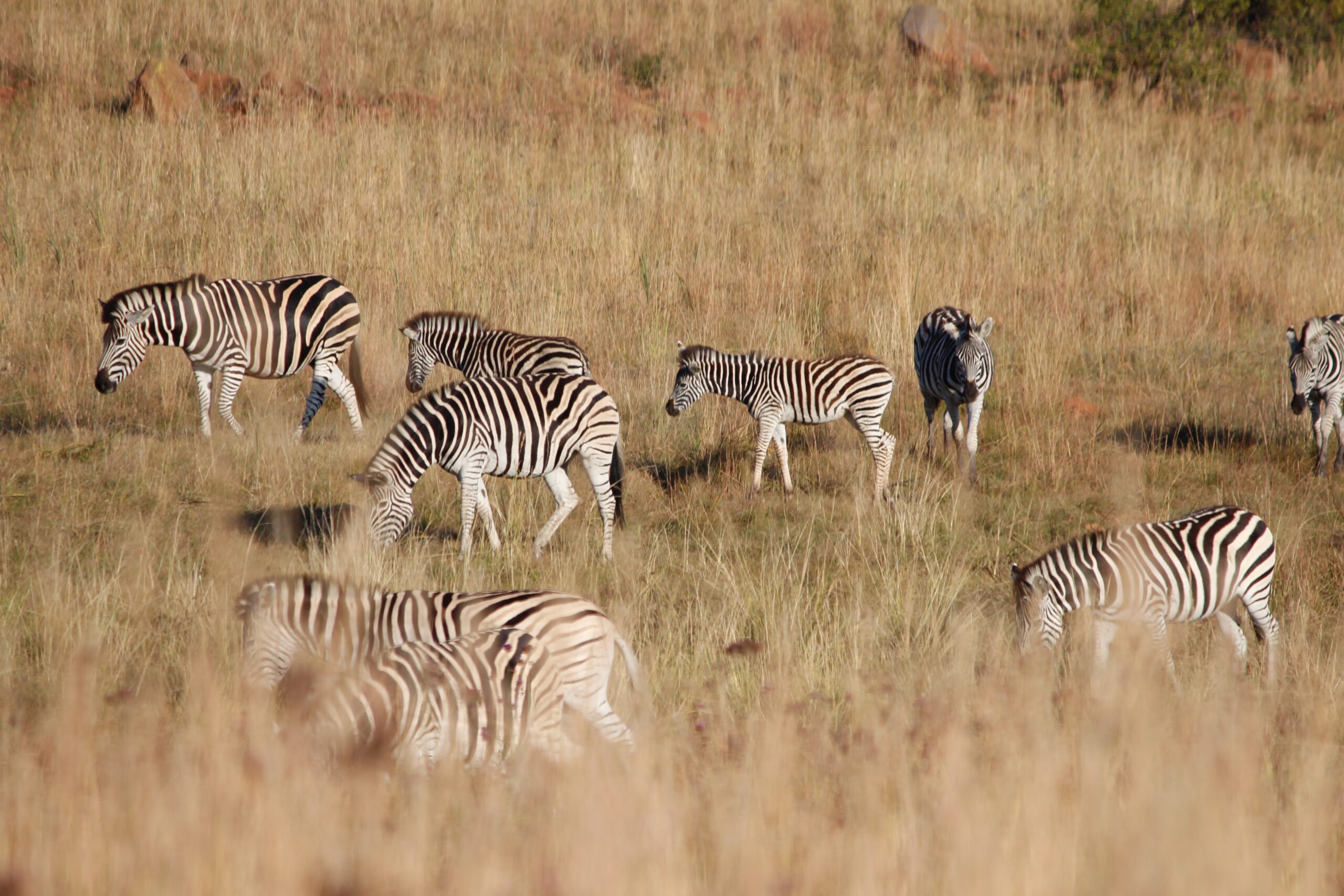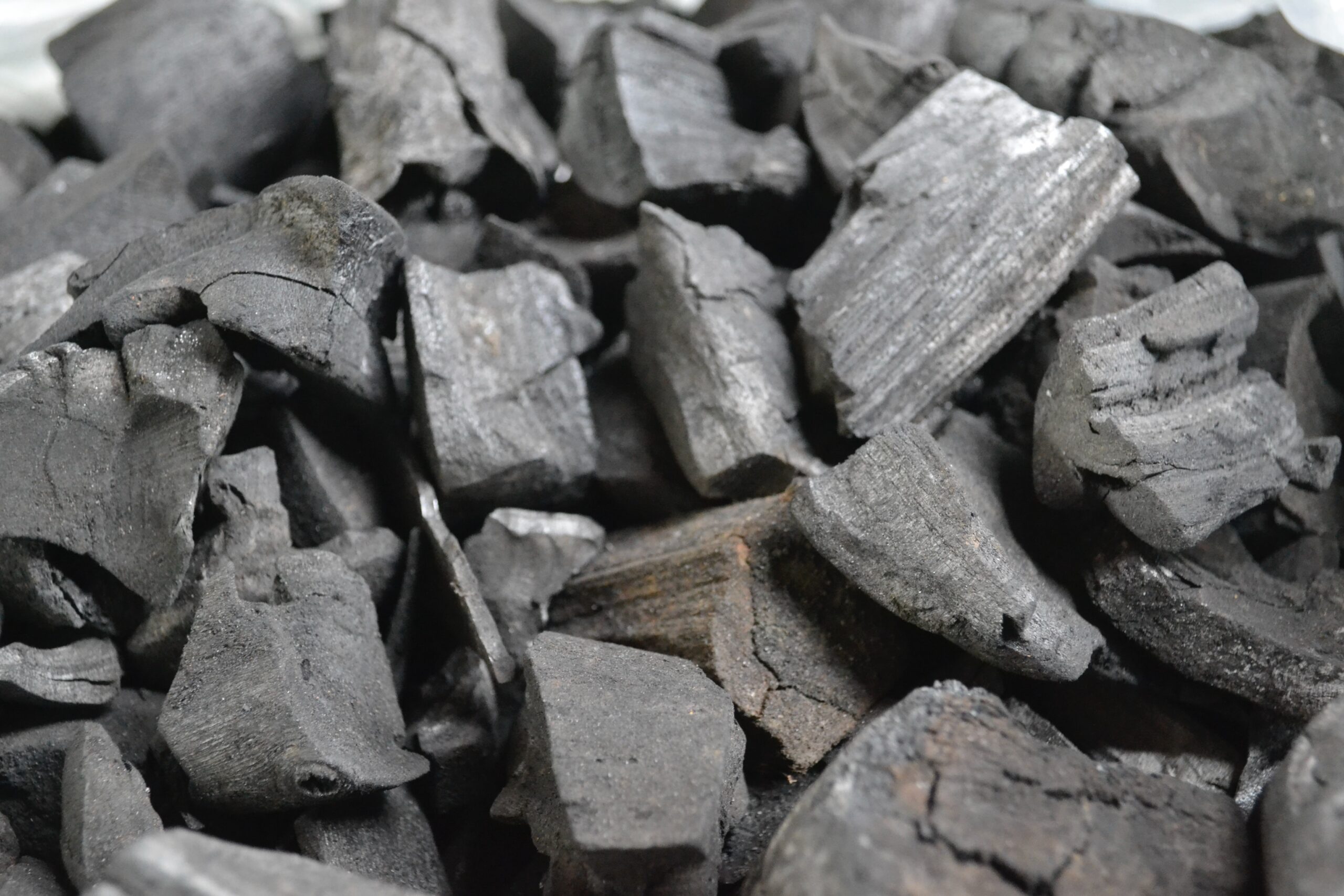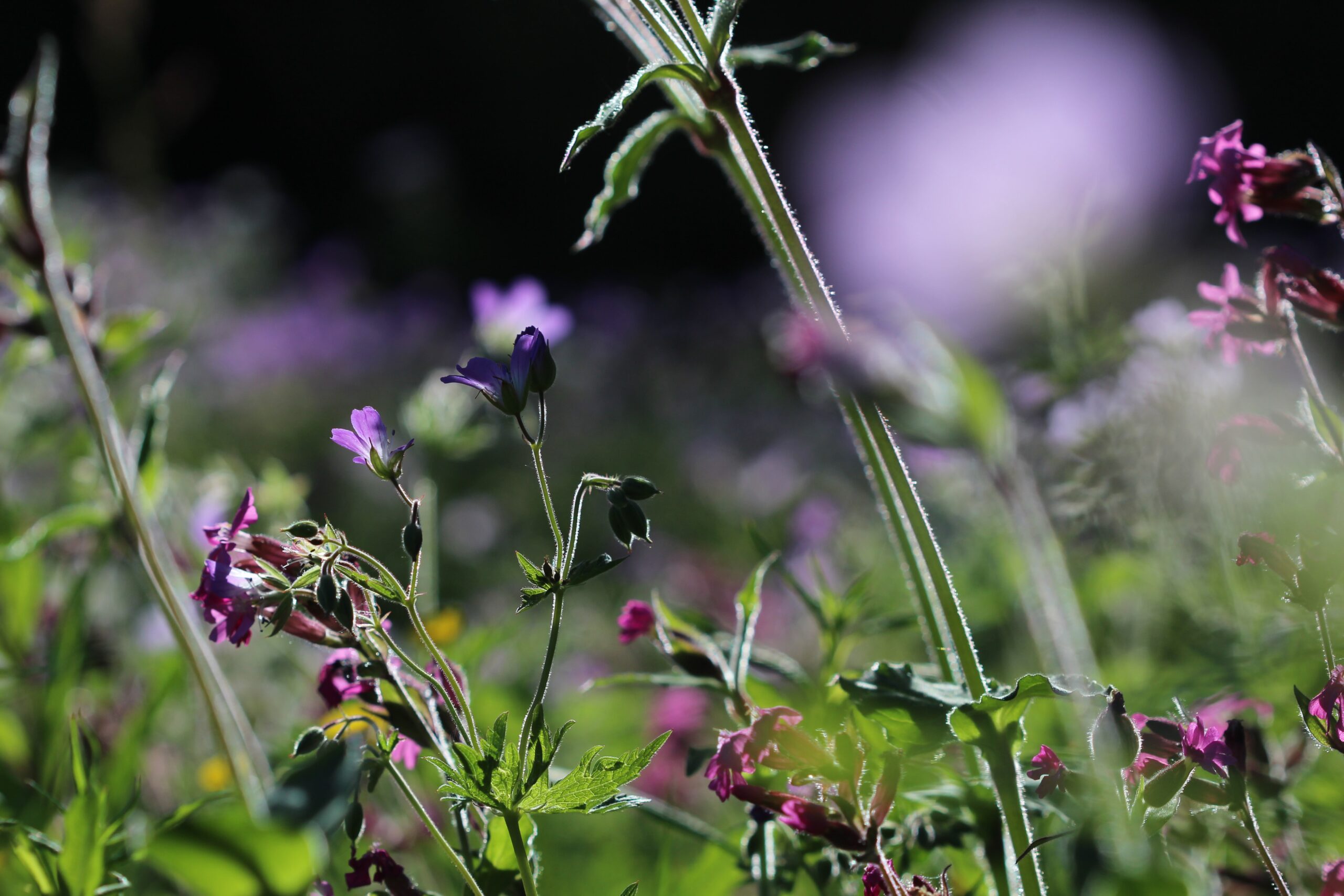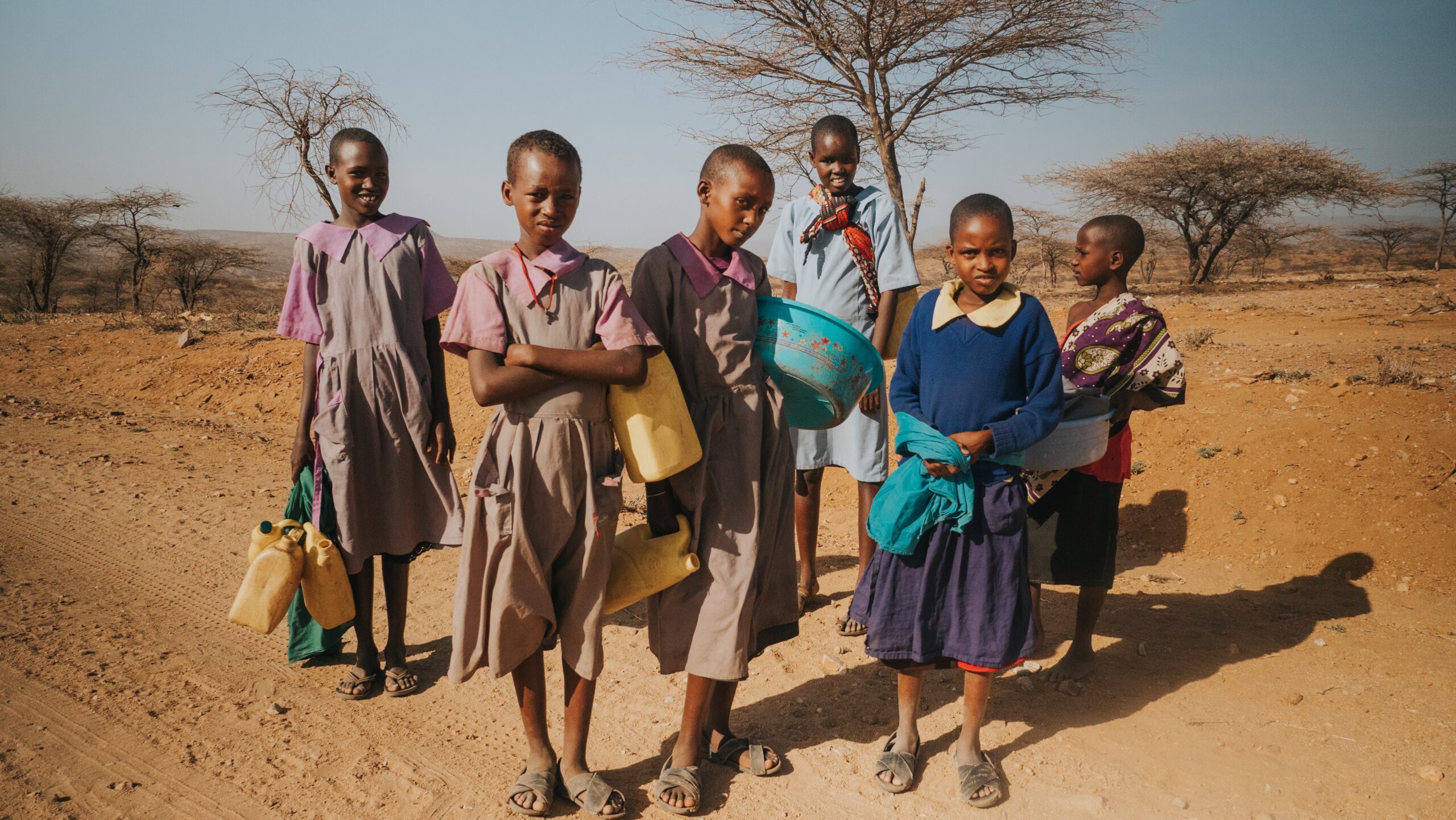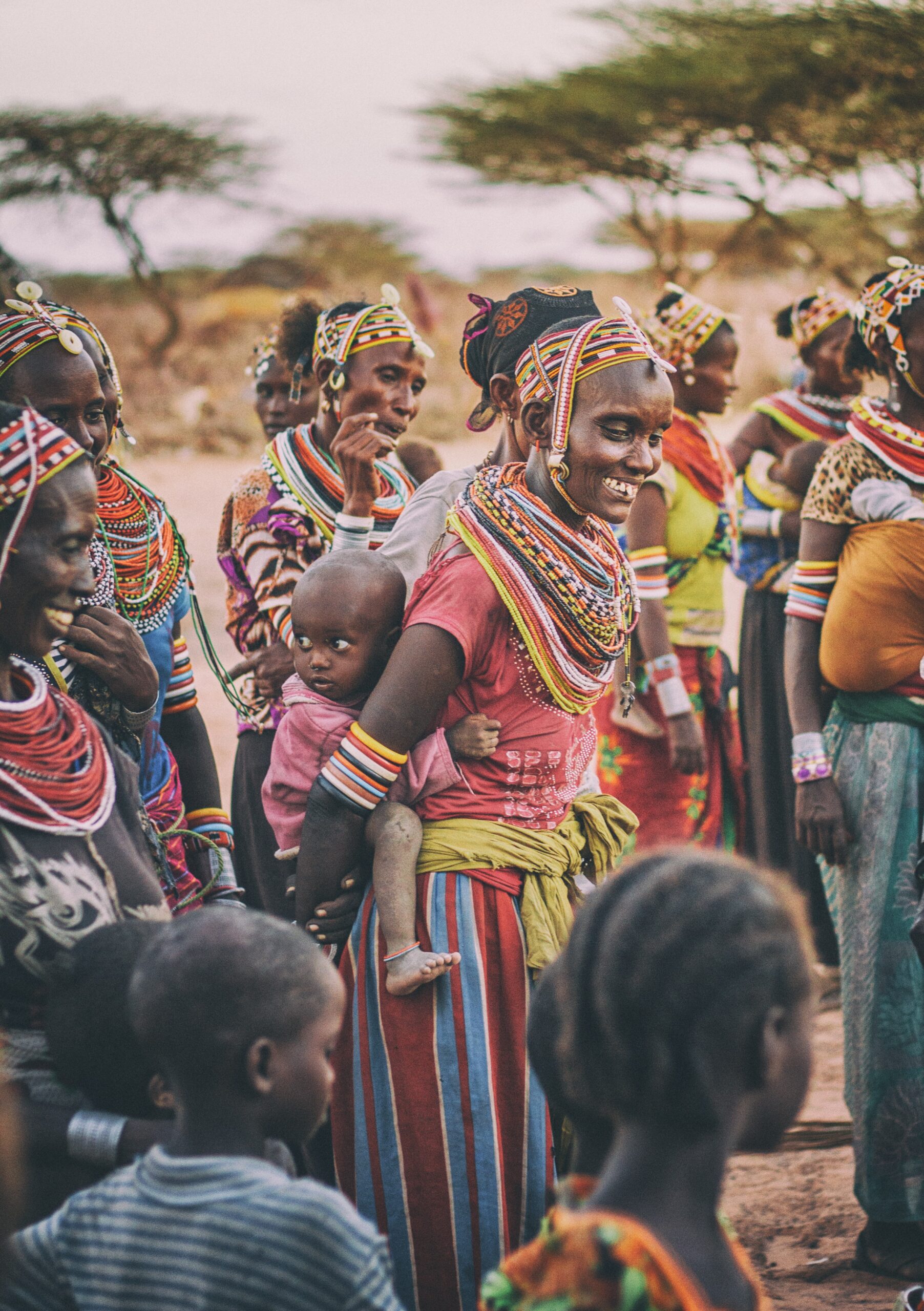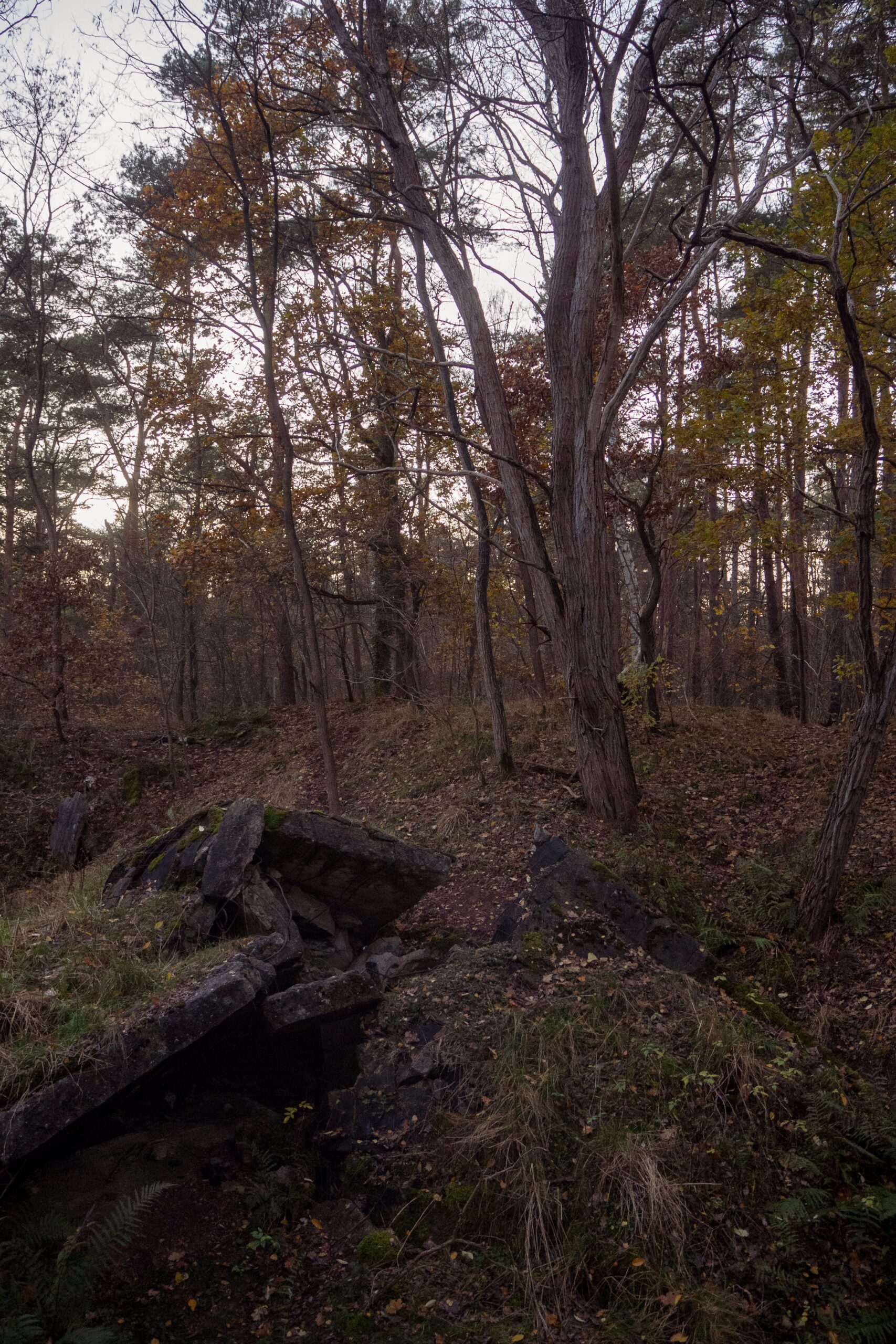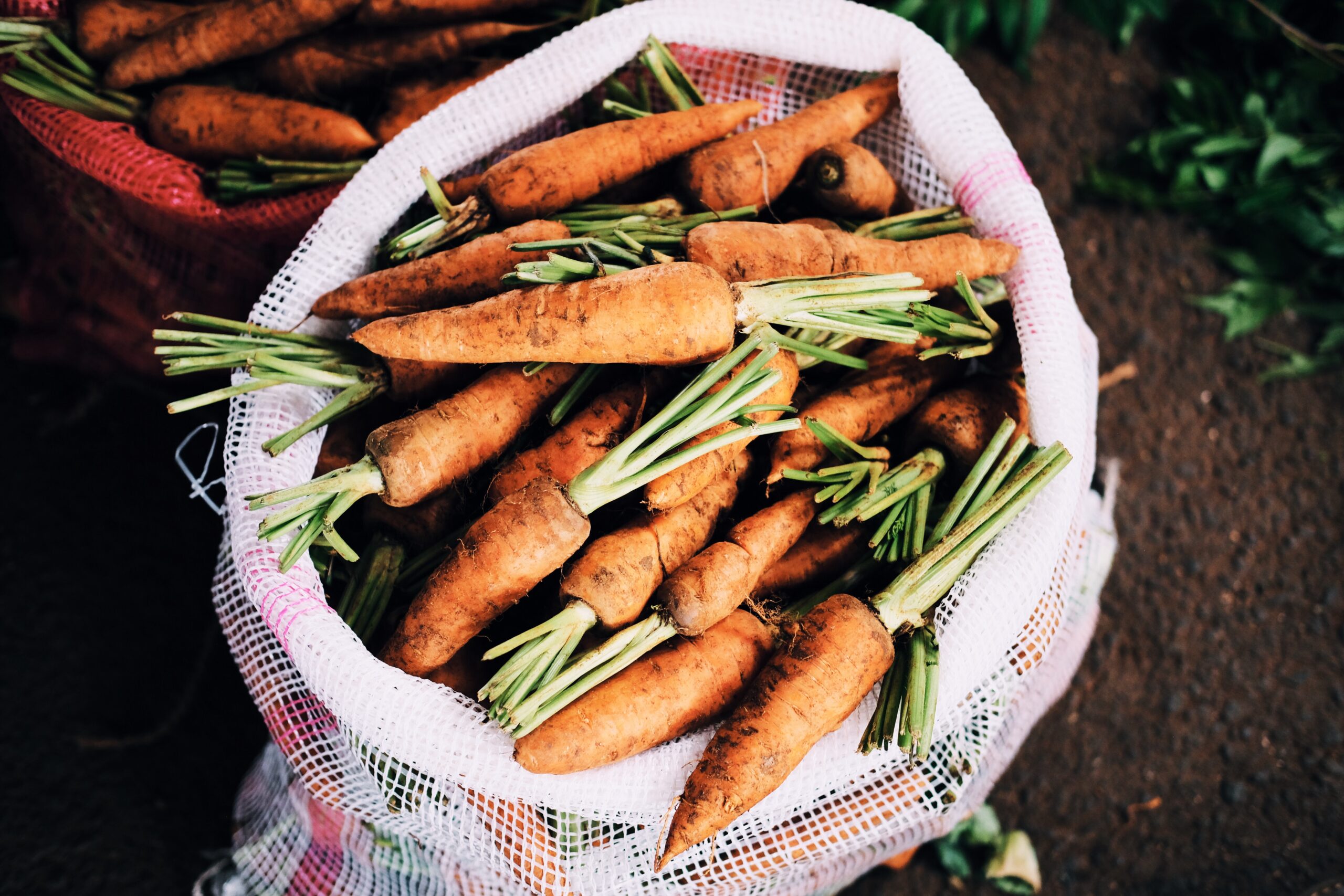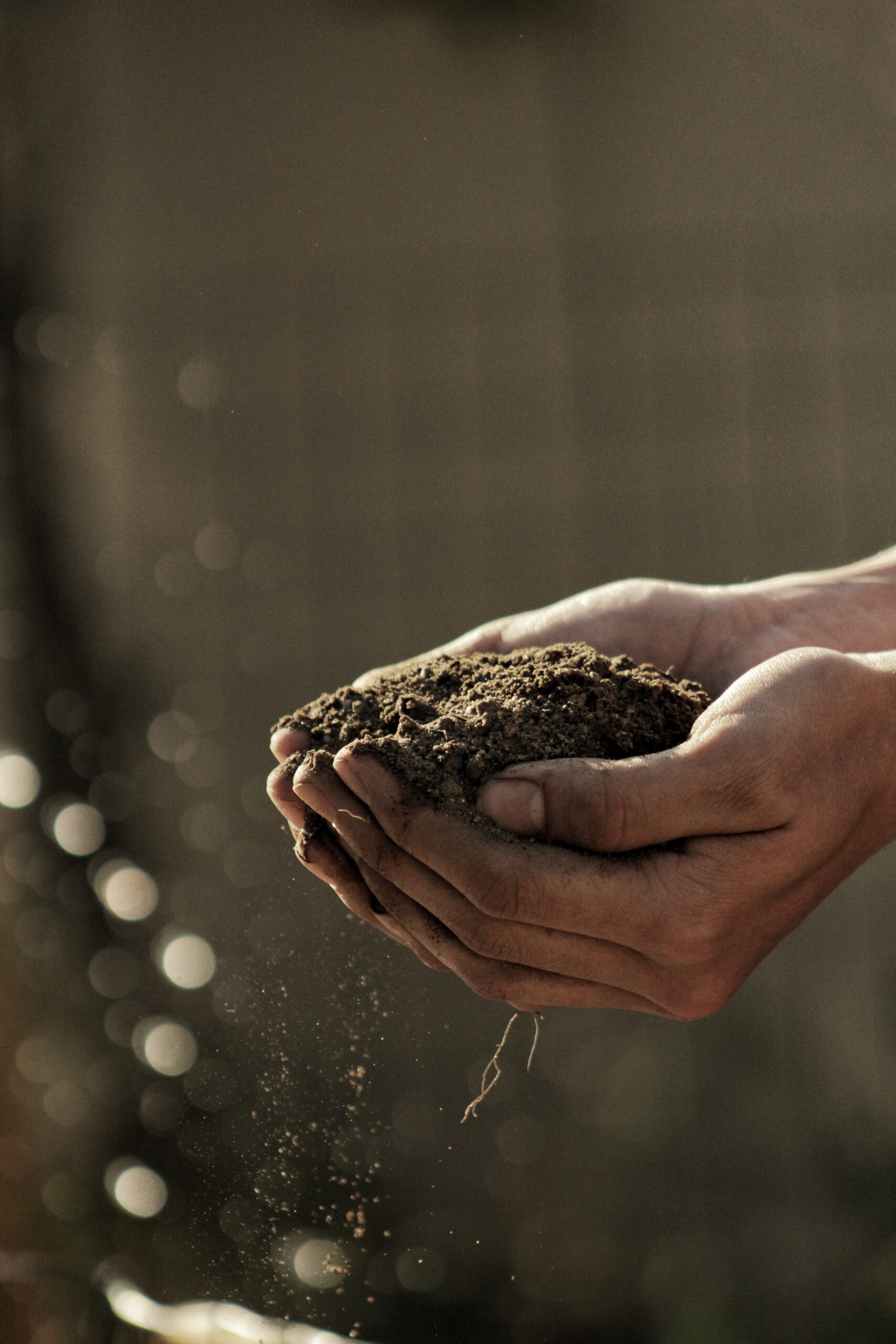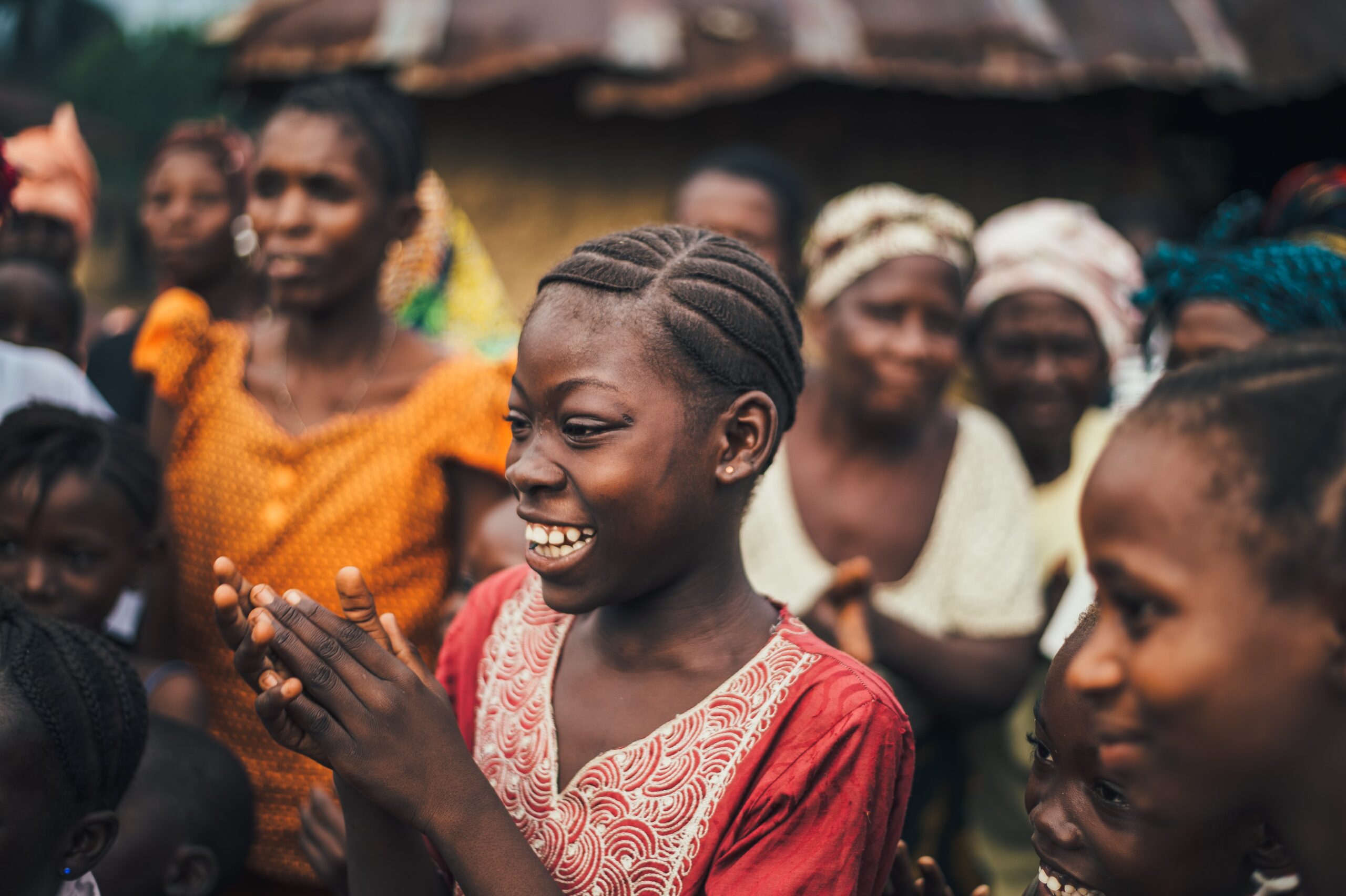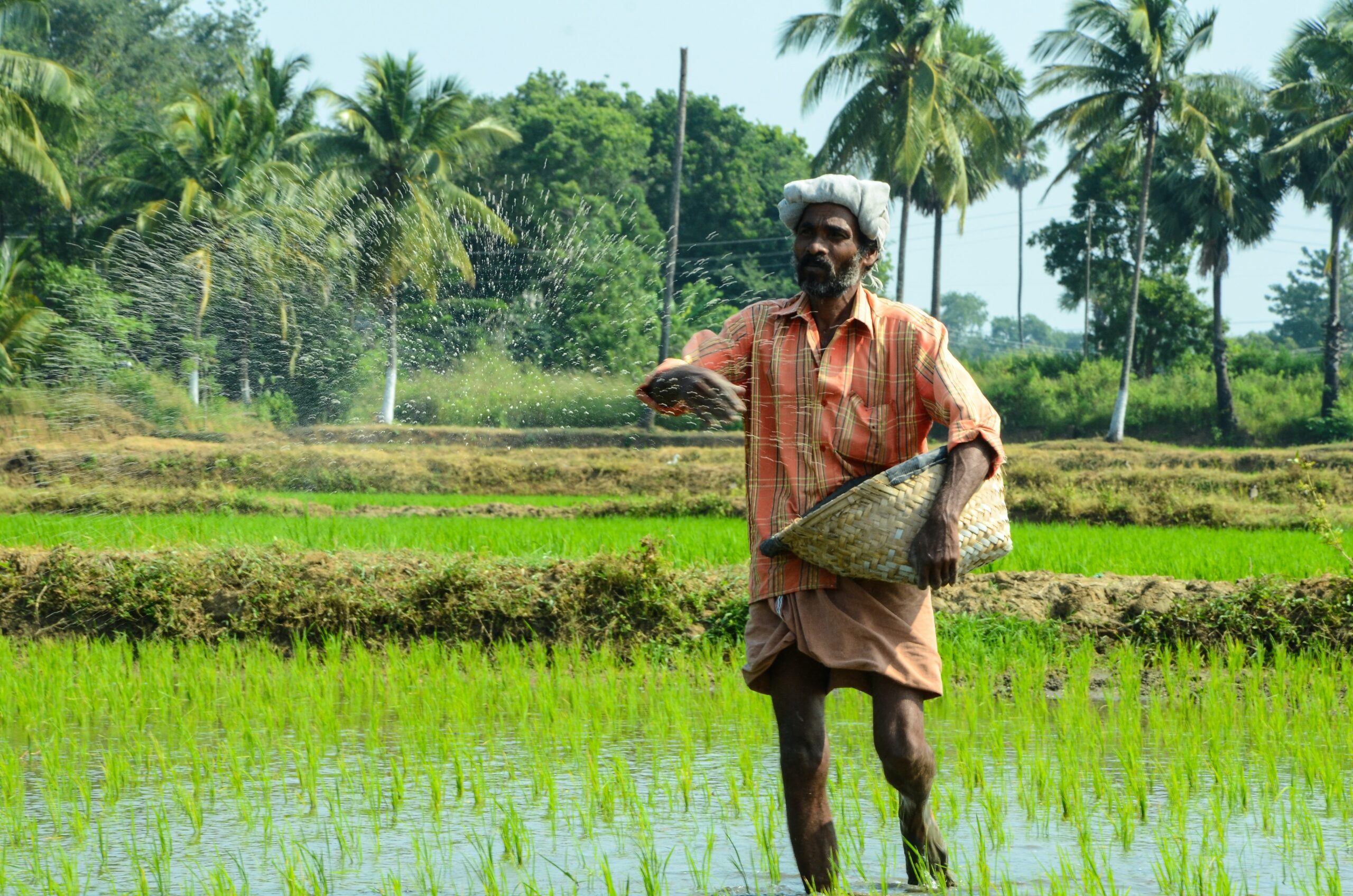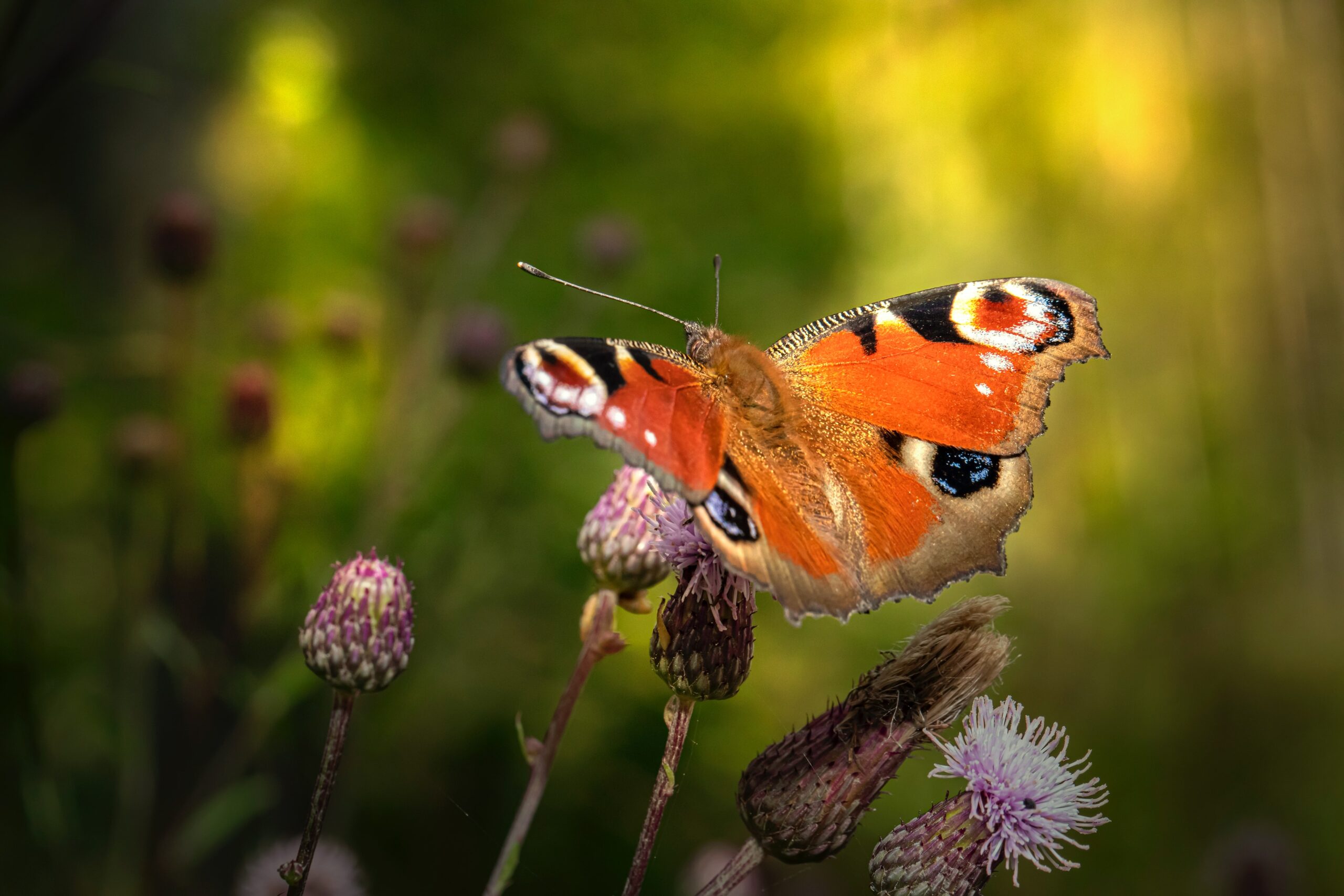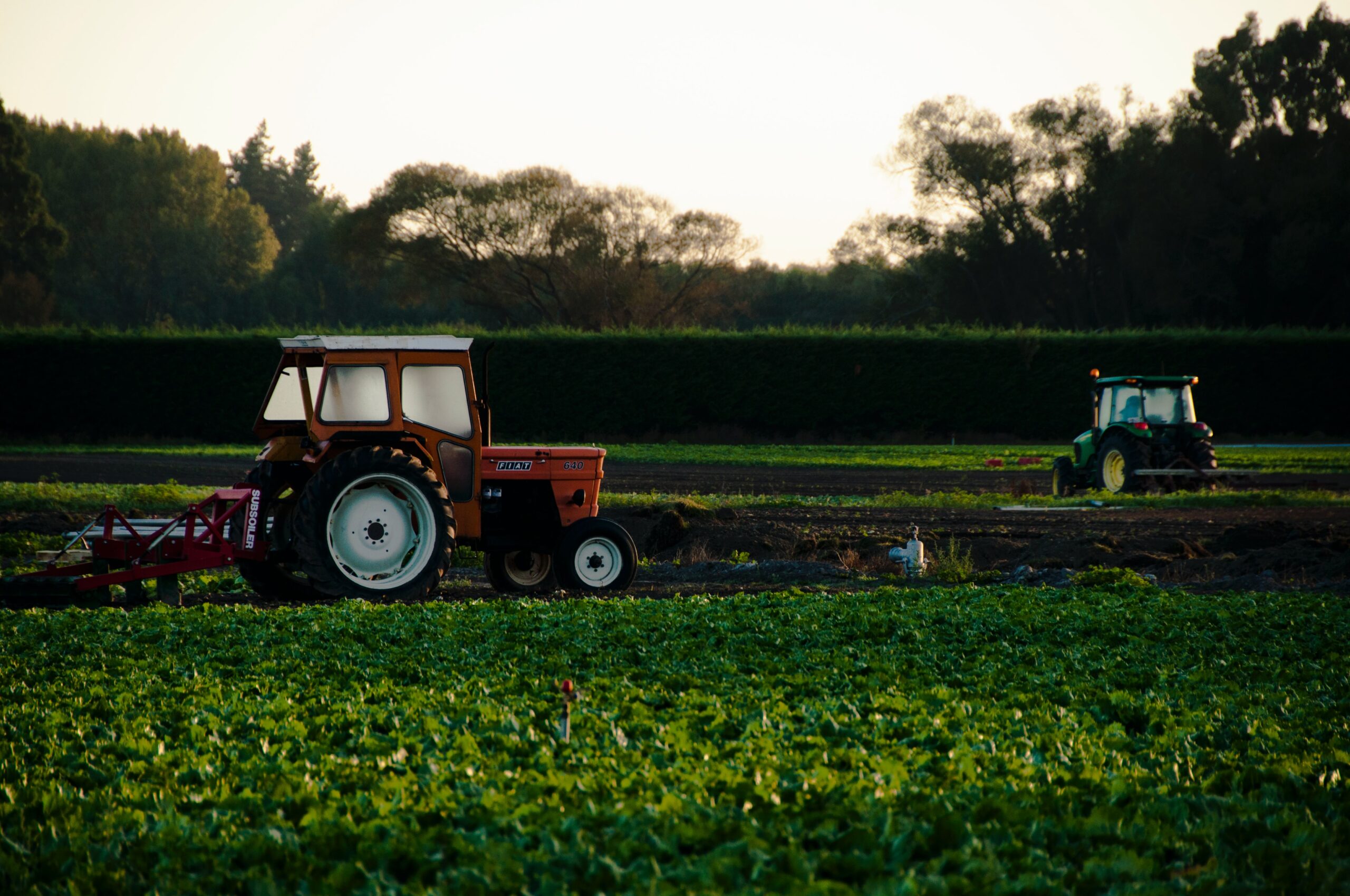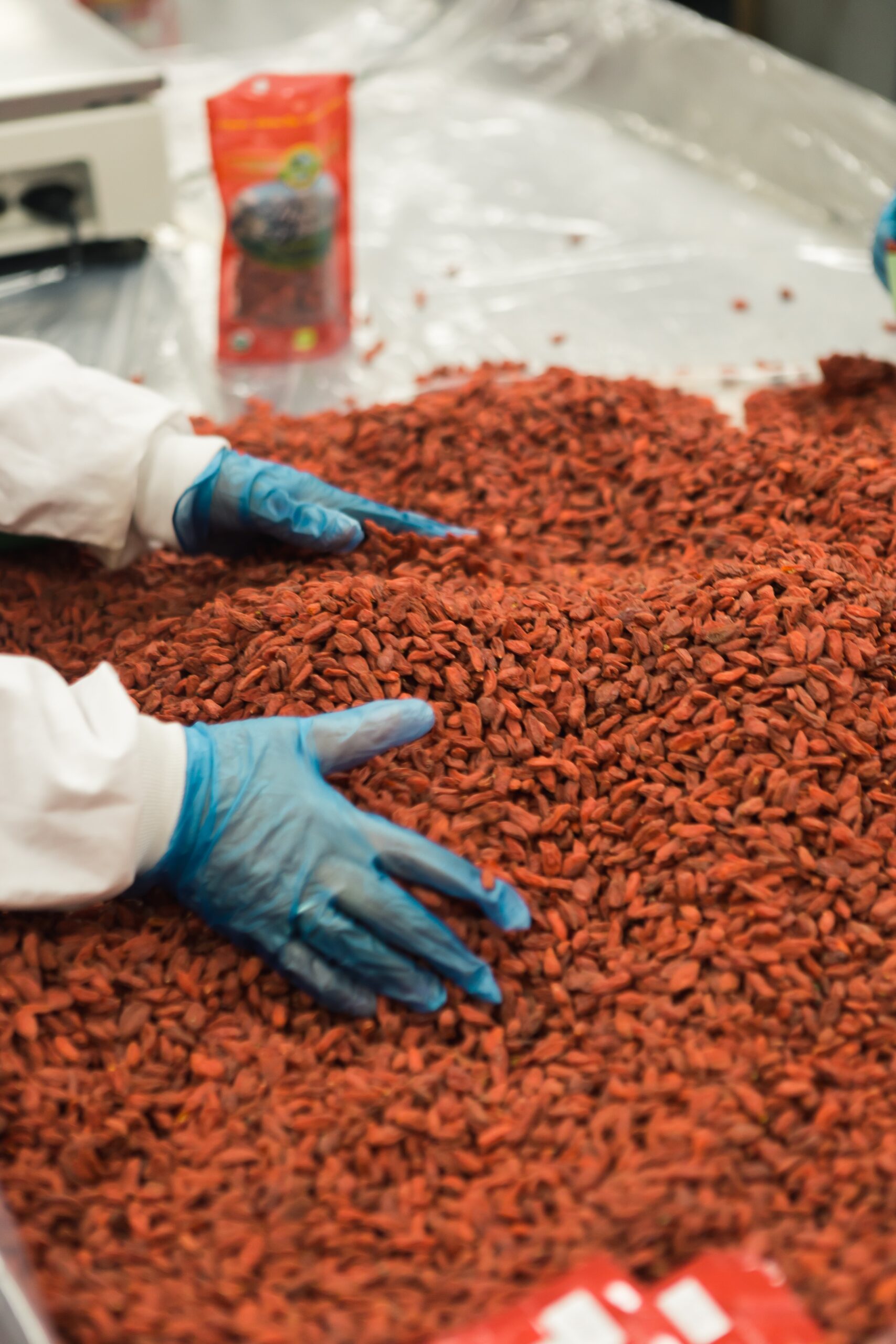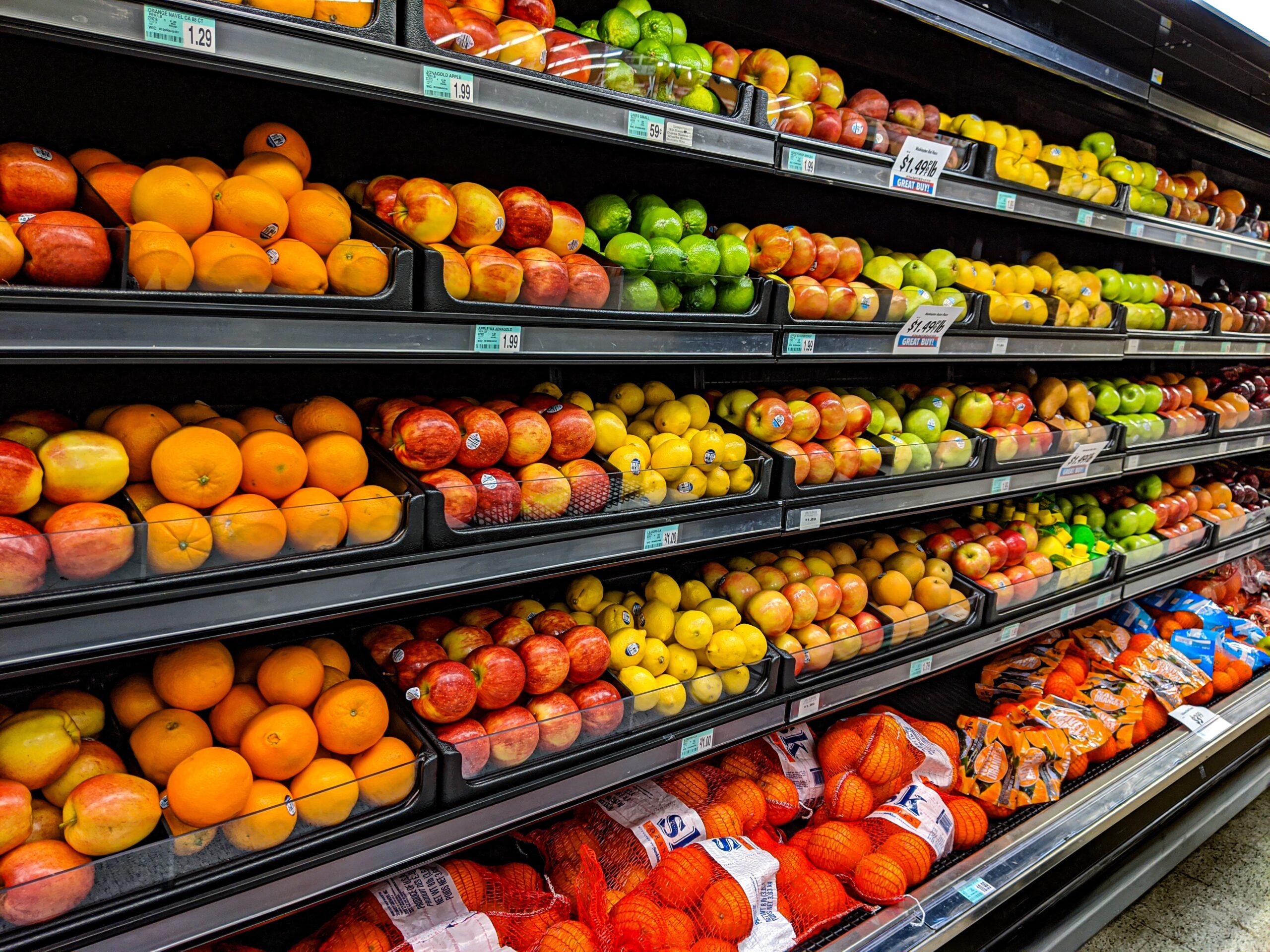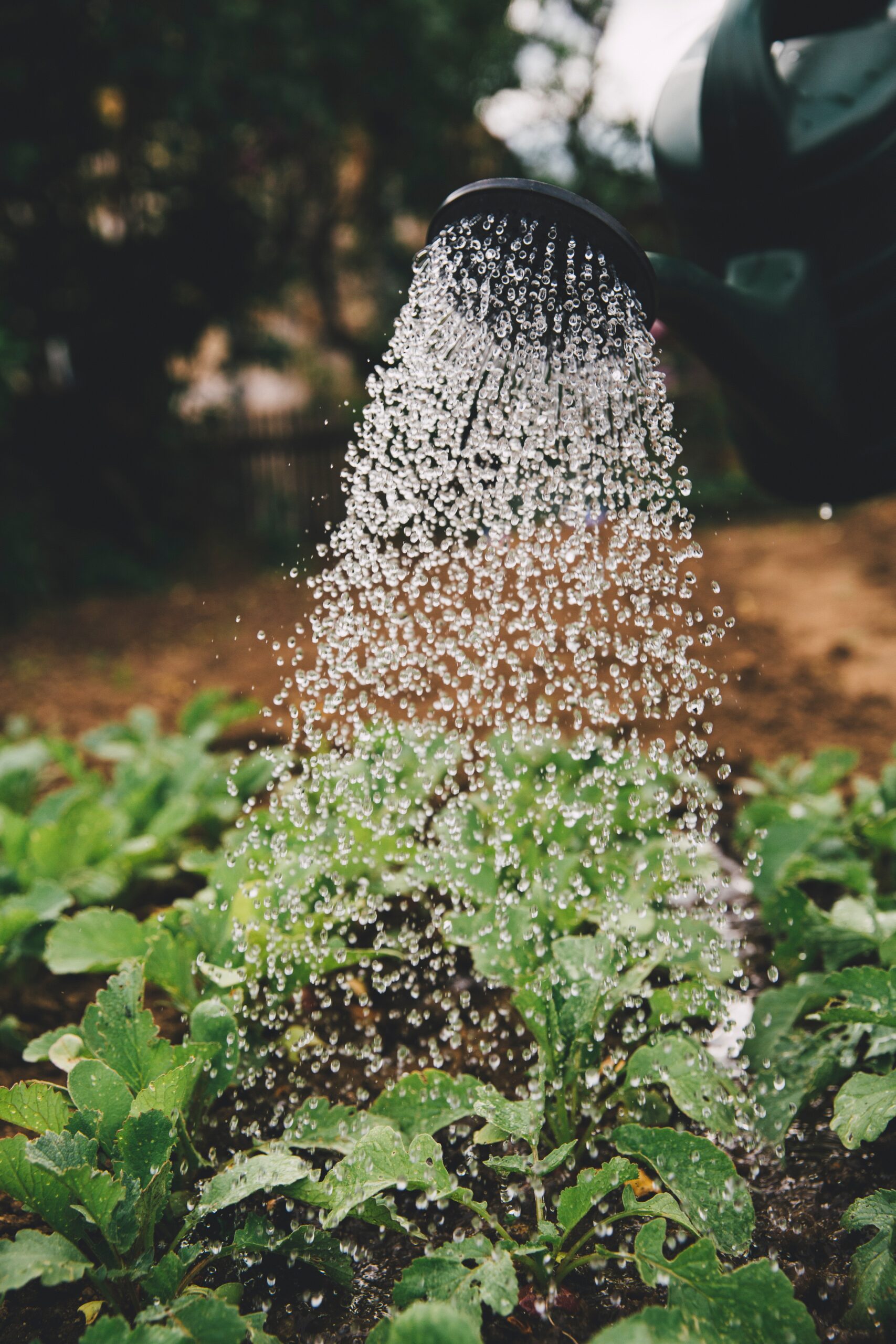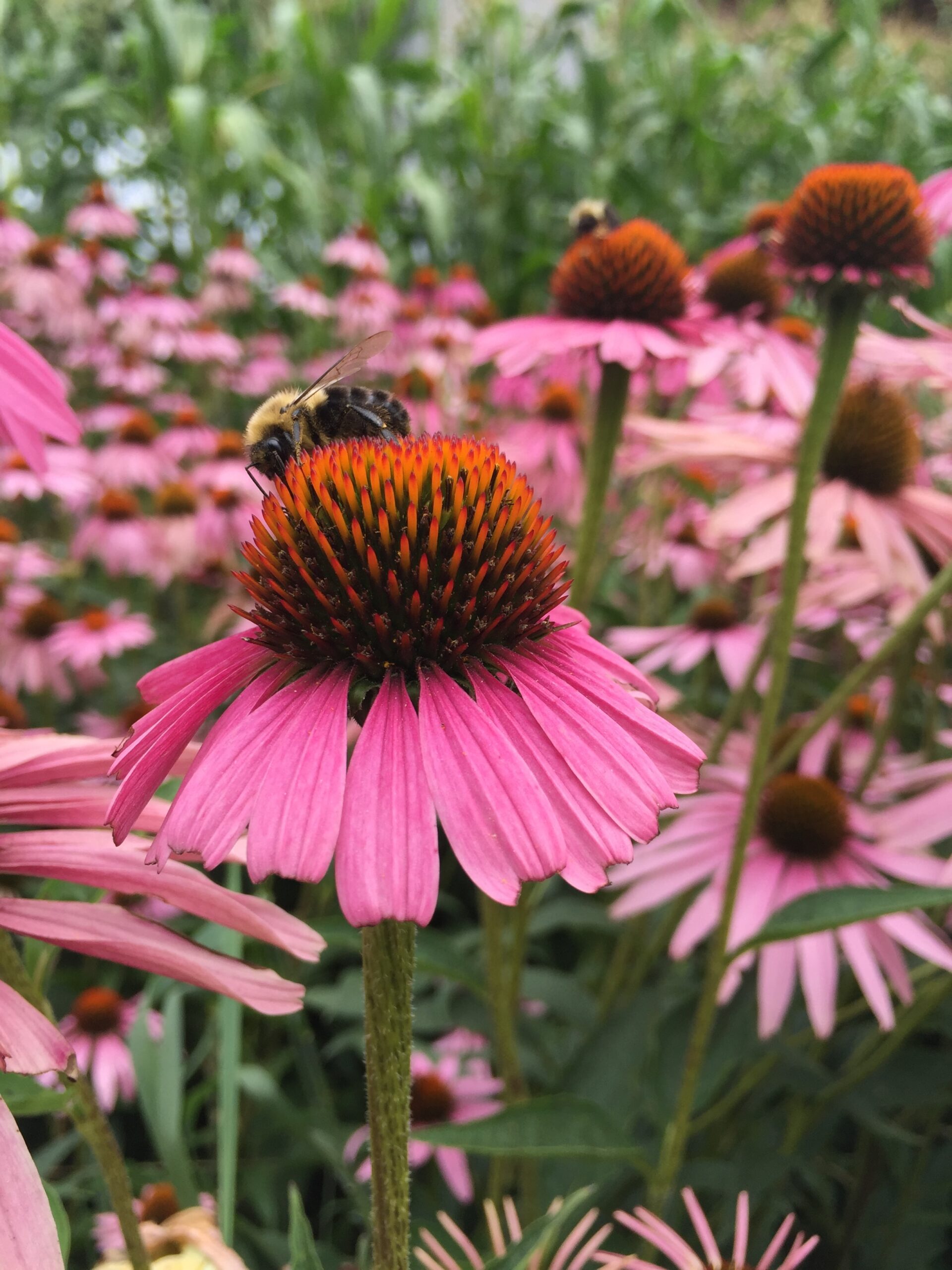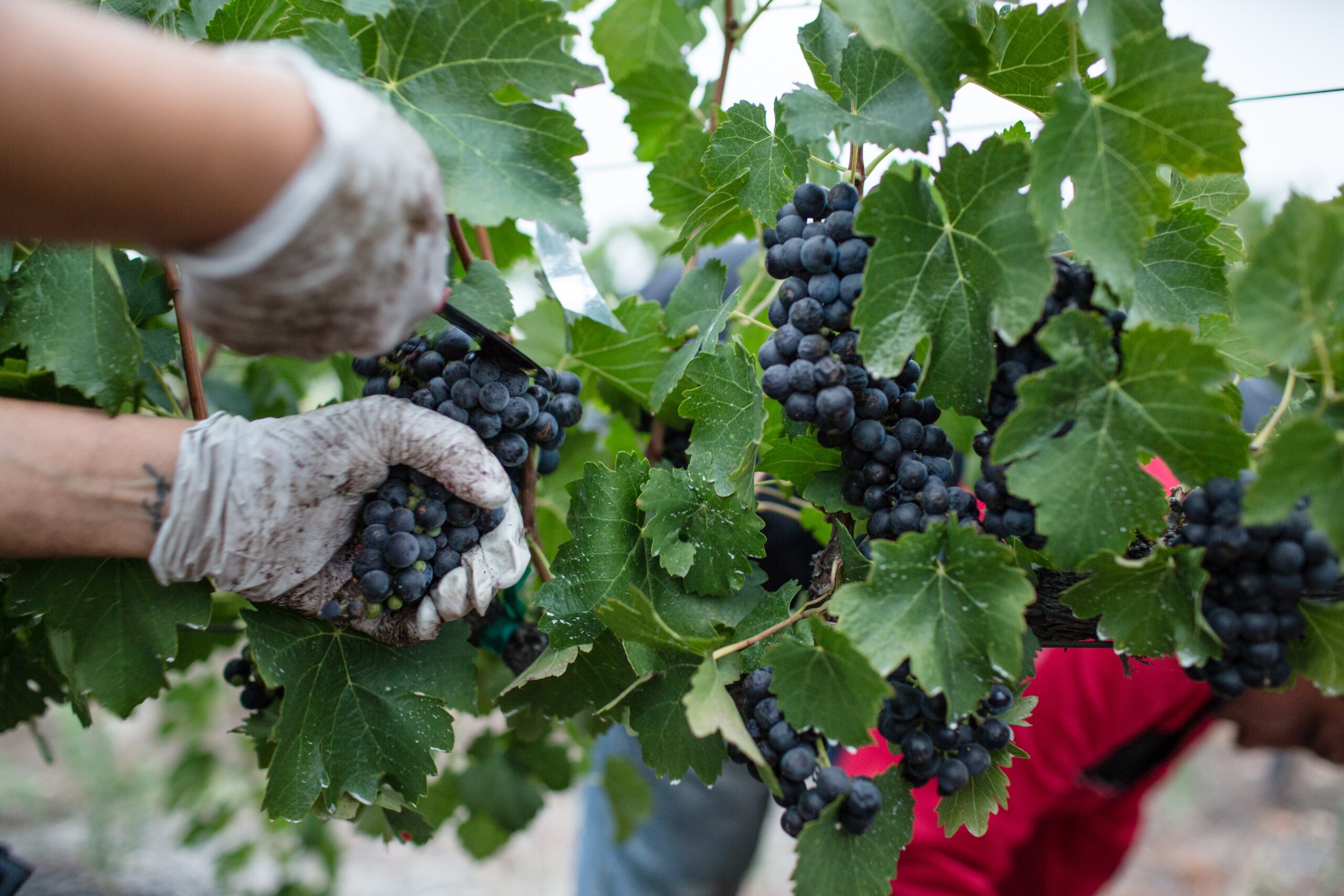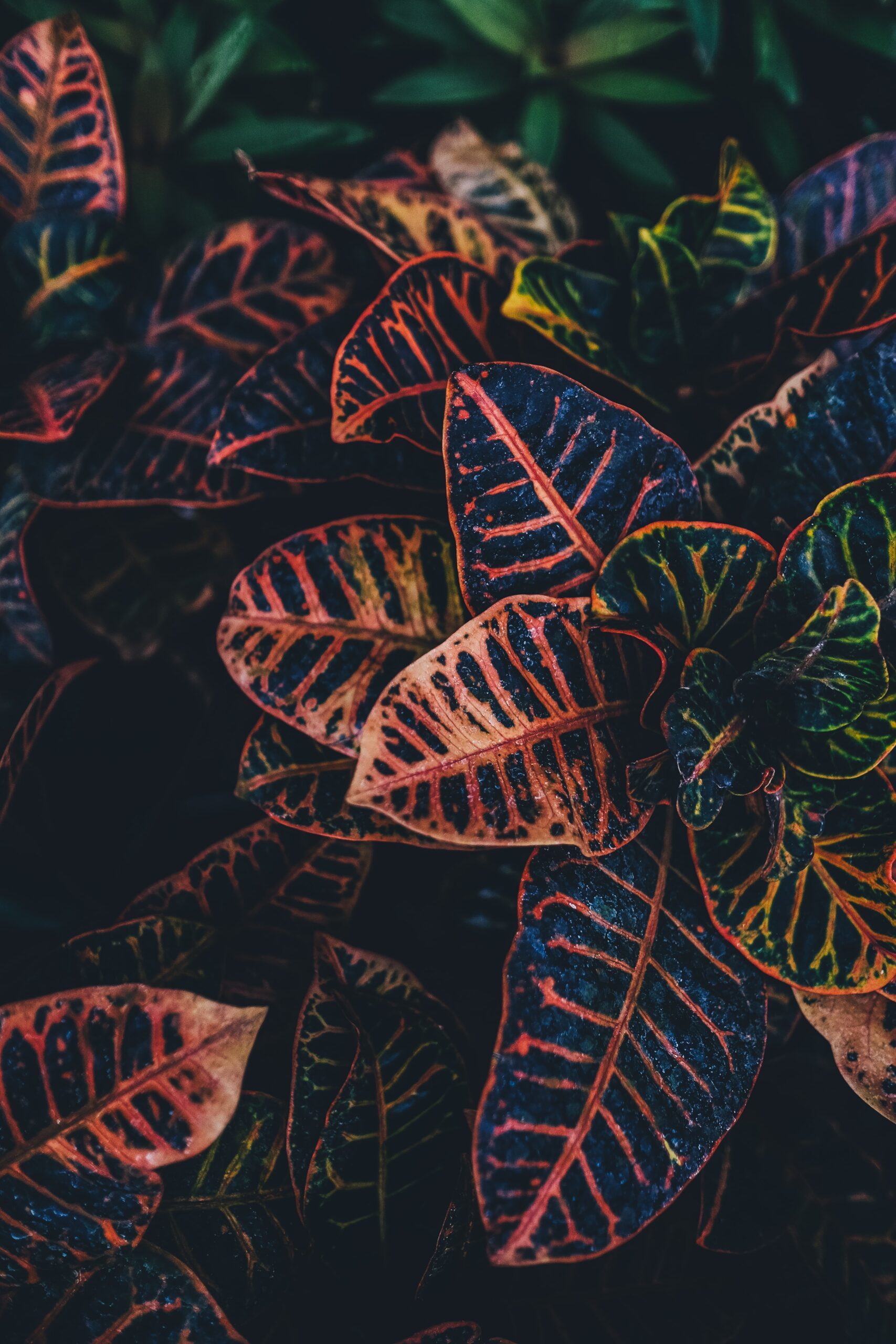Chengdu Plain is one of China’s most important agricultural production zones and has a large human population. Agricultural crops require insect pollination to increase yield and quality, which is especially important in plains areas where forest area is small. Homegardens are the main habitat of pollinators. The present study identified the importance of insect pollination in homegardens in the Chengdu Plain through field investigations and comparative experiments and revealed the risk to pollination services caused by the decrease in diversity and population of managed and wild pollinators. The results showed that (1) prohibiting all insect pollination (treatment A) and prohibiting managed bee pollination (treatment B) significantly reduced the yield and seed number of rapeseed and significantly reduced the size, weight, and sweetness of peach fruit, but had no significant effects on plums; (2) the dependence on insect pollination and the economic values of insect pollination for rapeseed and peaches are 0.56 and $85.1 million and 0.44 and $31.0 million, respectively; (3) there were 23 flower-visiting pollinator species at the experimental sites including: four species of managed bees and 19 species of wild pollinators. The peak time for pollinators to visit flowers was 11:00 to 15:00, and the managed bees accounted for over 67.55% of these visits; (4) within a radius of 1000 m from the site, 58.06% of the bees were non-locally managed, and the bee population managed locally by farmers decreased; and (5) compared with 2008, the number of homegardens decreased by 17.24%, the managed bees within the homegardens decreased by 62.05%, and the disappearance and destruction of homegardens led to a significant reduction in wild pollinators.













































































































































































































































































































































































































































































































































































































































































































































































































































































































































































































